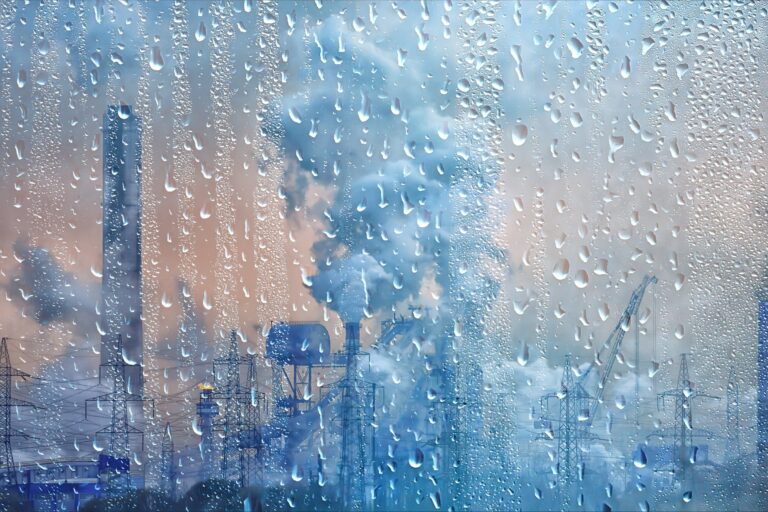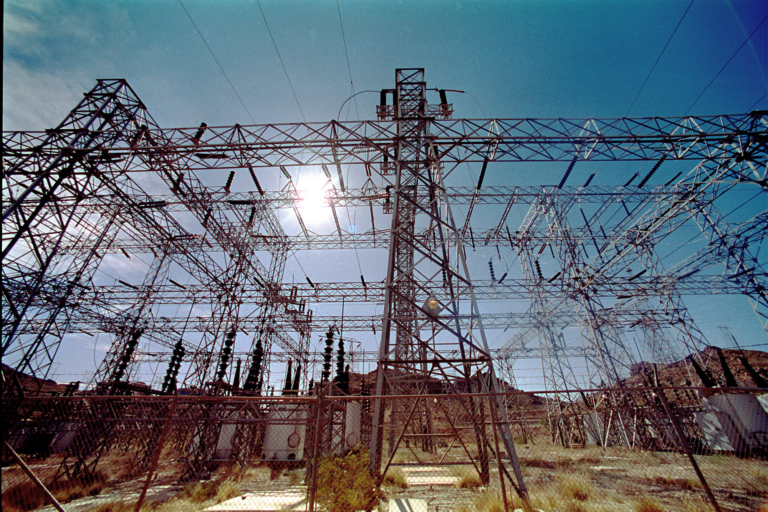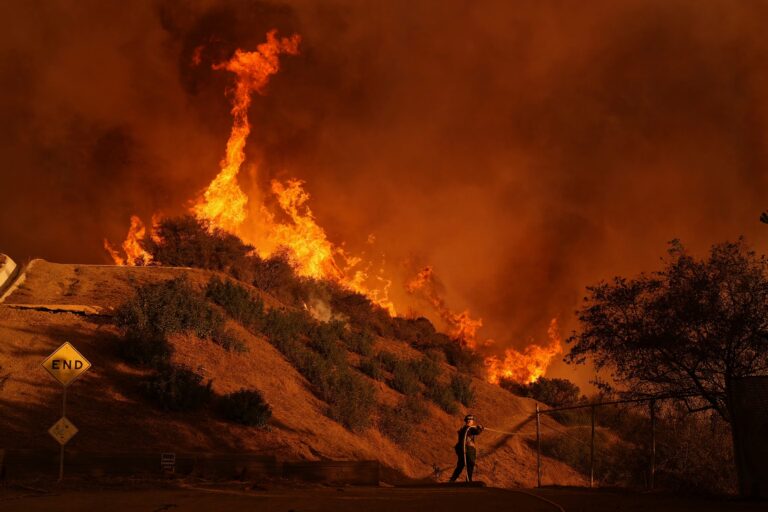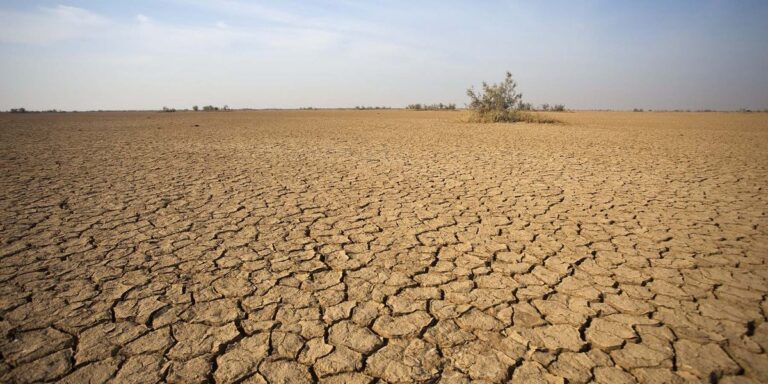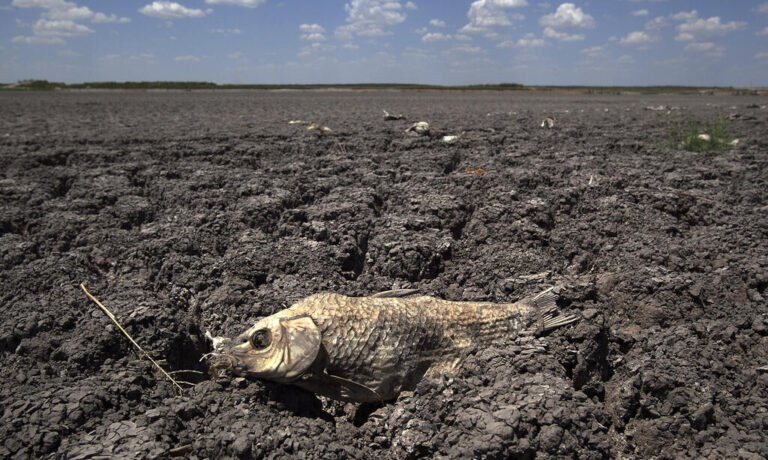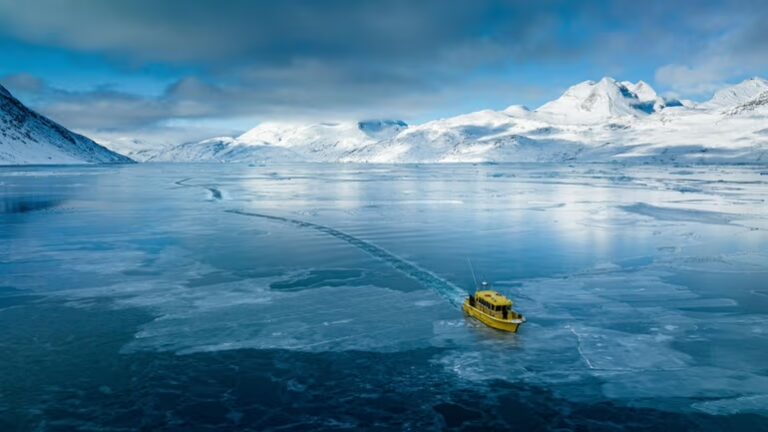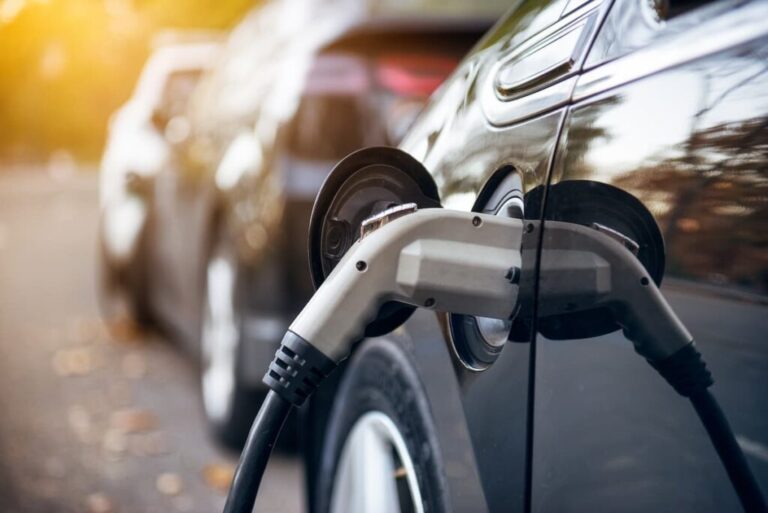Will Florida Get Too Hot To Play Golf?
Douglas McIntyre, Editor-in-Chief at Climate Crisis 24/7, discusses research from Yahoo News and FSU, which warns that Florida’s heat waves could extend by two months due to ongoing fossil fuel consumption. This prolonged extreme heat is hurting industries like golf, as fewer people are willing to play in dangerously high temperatures. Once a golfer’s paradise,…




